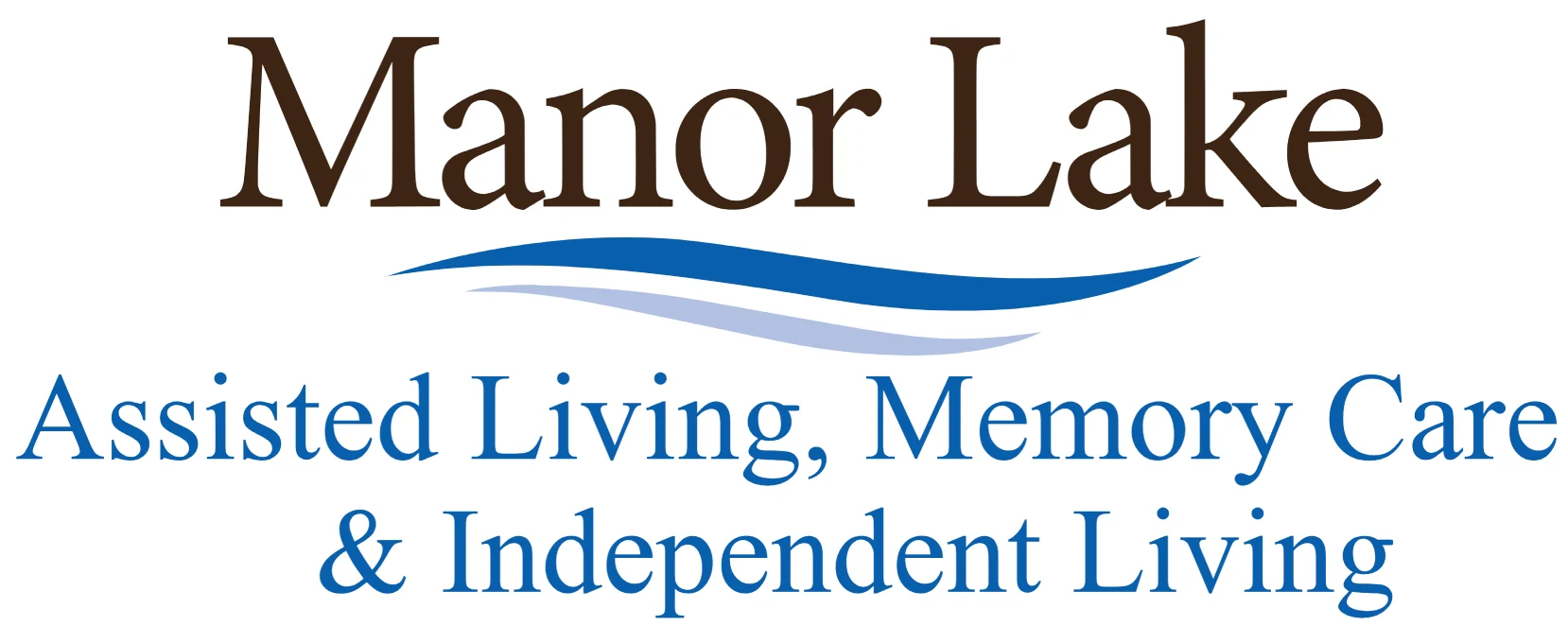
We pride ourselves here at Manor Lake Assisted Living & Memory Care (here in Hiram) for helping more than our residents and their families. We take great pride in helping you, our neighbors here in Hiram who lovingly provide at-home assisted living and/or memory care services to your loved ones. Trust us, we know your challenges and consider you all heroes for your selfless and loving investment to family.
Today we give full credit to the professionals at “Caring.com” for a wonderful work regarding smart things to do regarding managing the finances of your loved one. More than four in 10 family caregivers spend $5,000 or more annually on caregiving, according to a new Caring.com survey of 2,767 family caregivers. Close to half rely on family funds to cover costs. And with nearly 40% of respondents also spending more than 30 hours per week on caregiving, caring for a loved one has become a full-time, unpaid job for many — one that leaves little time for a caregiver to plan for their own financial future.
“Quite often caregivers find themselves dipping into their own pockets to pay for caregiving expenses,” said Tim Sullivan, Vice President at Caring.com. “Without a plan in place, savings can be depleted, and retirement delayed. It’s so important to make the time to speak with your loved ones about finances, eldercare and planning for the future,” Sullivan added.
Caregivers who seek to educate themselves about their options can avoid the unnecessary stress of common financial mistakes. This guide can help you discover the tax advantages, professional services and investment strategies that can lessen caregiving-related financial strain.
Financial Questions to Ask your Aging Loved Ones
Managing your own money isn’t easy under the best of circumstances, so it’s not surprising that most people feel overwhelmed when it’s time to step in and take over the management of their parents’ finances. The first step is to accept that you won’t know what kind of shape their finances are in until you ask. Money is always a sticky topic, especially for adults who are beginning to lose their independence, so it is best to approach the discussion fully prepared to ask the right questions.
Finding answers to the following questions will put you on the path to becoming a more confident, and more capable guardian of your loved ones’ financial future.
1. “Do you have a durable power of attorney?”
The durable power of attorney (DPOA) is considered one of the most important personal legal documents for any older adult to have. Along with a healthcare proxy, it will give whomever your parent designates — whether it be you, one of your siblings or someone else — the power to make financial and legal decisions (or, in the case of a healthcare proxy, to make medical decisions) if your parent is incapacitated.
Without a durable power of attorney in place, you’ll have to go to court to get appointed as your parent’s guardian. That’s the last thing you’ll want to have to think about in a time of crisis, and it’s a notoriously complicated and messy legal process. With a durable power of attorney and healthcare proxy in place, you can seamlessly make decisions and access accounts on your parent’s behalf without getting the courts involved.
2. “Have you updated your will, insurance and retirement account information recently?”
Many people never take another look at their insurance policies or investment account beneficiary designations after they sign the initial papers, but both should be reviewed every year. Beneficiary designations — of who will receive the proceeds from an account if the policy or account holder dies — can be affected by any change in family circumstance, like the birth of a new child, a death or a divorce.
A yearly financial and insurance review also provides a good moment for your parent to review his asset allocation and evaluate whether he has enough, or too much life insurance. If, for example, his children are grown and his spouse has other funds on which to live after he’s gone, your parent could think about cutting back on the amount of life insurance he carries to save money on annual premiums.
3. “Do you have plans or insurance in place to pay for long-term care if it’s needed?”
Even if your parent is in good health today, eventually, he’ll likely need some type of long-term care — and the costs are staggering. A year in a nursing home costs more than $50,000 on average, and much more in some states. Usually, neither health insurance nor Medicare cover any of these expenses, so your parent should have some type of plan in place to pay for such care should it be needed. Long-term care insurance is a good option and can be added to existing life insurance policies, possibly at a discounted rate.
Medicaid also covers some nursing home costs, but your parent should consult an elder-law attorney now to find out if he qualifies for Medicaid. If not, the attorney may advise spending down assets – literally, the process of spending money without gifting or transferring assets until your parent meets the strict income requirements necessary to qualify for Medicaid. Without a plan in place to pay for long-term care, you and your siblings will be on the hook to pick up the cost unless your parent has very deep pockets.
4. “Who’s advising you?”
Although most adults are fiercely private about their finances and want to maintain their independence, it’s important in case of an emergency that you know how to contact your parent’s attorney, financial advisor, accountant and insurance agent. At the same time, as your parent ages, you can keep an eye on whether his financial and legal advisers are scrupulous, objective and well-versed in elder financial issues, with no vested interest in selling specific products. Getting the details on exactly who is advising your parent is a good way to protect him from scams, as well as to ensure that he has funds in case of an emergency.
5. “Where is all this stuff?”
If your parent has a stroke or heart attack, the last thing you’re going to want to worry about is what his Social Security number is, what health insurance he has or whether the mortgage has been paid. That’s why it’s important to sit down with him before a crisis hits and find out what kind of bill-paying system he has in place, what insurance he has and where all his important papers are located.
Although some may balk at sharing this kind of personal information, reassure him that you don’t have to see any of his private papers now; you only need to know where they are to ensure his financial well-being in the event that he’s not able to take care of it himself.
To learn more about our approach to professional assisted living and professional memory care services, call us anytime!
